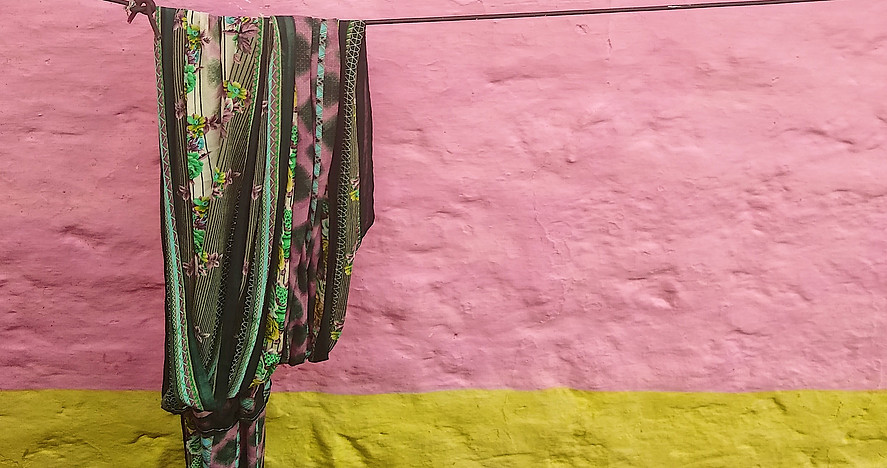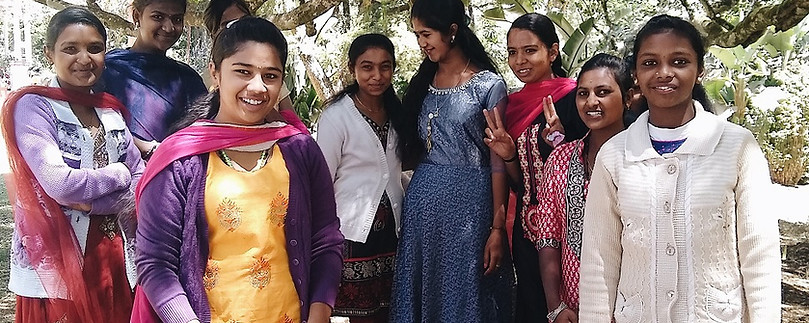
India
Meet some of the girls we are donating period packs to in India. Many of them were using old newspaper, leaves or ash from the fire to manage their blood flow. This prevented them from going to school.

'At least 23% of girls leave school when they start menstruating and the rest miss an average of 5 days during each monthly cycle.’ WSSCC.

Our period packs equip these girls with a sustainable solution to managing their period and enable them to continue their education.
We distribute them, as we do all our packs, alongside menstrual health education. Periods are not talked about in India. Girls do not not understand what is happening to their bodies and are afraid to ask. There is a culture of shame that surrounds menstruation and it prevents any kind of change or progress in the area of menstrual hygiene management. We would like to see that change.
‘The taboo is related to very complex web of issues, but the starting point is an extremely patriarchal, hierarchical society responsible for the silence around menstruation.' WSSCC.


Smyrna are an NGO dedicated to helping disadvantaged members of the community to lead more enriching and fulfilled lives. They provide education, shelter, healthcare and employment to hundreds of children and adults. Established in 1985, they have helped more than one thousand children attend school. They provide assistance from Smyrna house, providing a home for young girls and looking after abandoned older people. Read more about Smyrna here.
‘More than 300 million women and girls in India do not have access to safe menstrual hygiene products, endangering their health, curtailing their education and putting their livelihoods at risk. ‘ WSSCC.
Find out how you can be part of the story that changes that. We need you!


